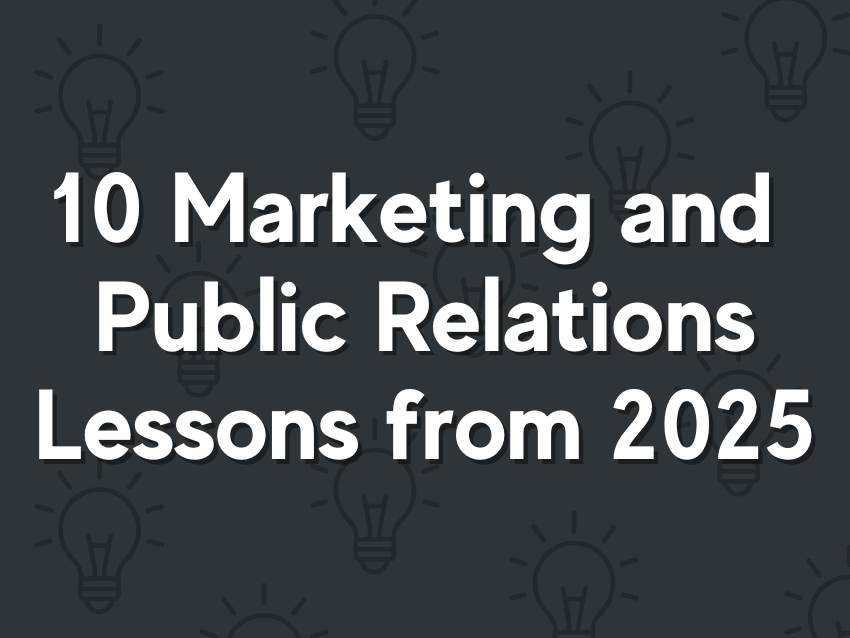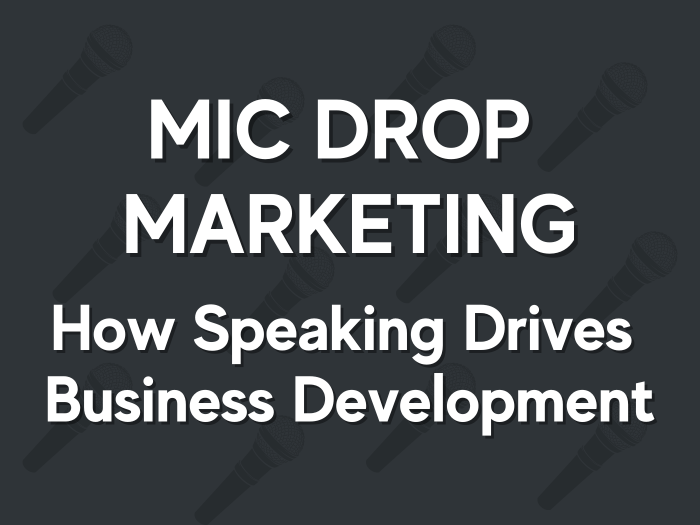By: Sharon Berman
Published: The Recorder
What do antiques have to do with law firm business development? Actually, there are many lessons to be learned when you walk one of the largest antique shows in the country, like the one I recently attended. While the visit fed my interest in all things antique, it also provided rich fodder for what works and what doesn’t when it comes to developing relationships that pave the way to new clients.
The Importance of Branding — The show underscored branding’s value when you consider that a signed piece, one with a brand, can often command 20% or more than the equivalent piece that doesn’t bear a signature or validated provenance. Buyers will pay a premium for an implicit promise that this is the genuine article.
Though a brand is often thought of as a graphic identity—your logo, the visual representation of your brand’s substantive aspects—it is much more than that. A brand also has a qualitative component, which includes trust, reliability, and repeatability. A client can rely on you to deliver what you say you will every time. The third facet and the financial reason behind branding is the “brand equity,” the difference between the price of the branded product or service and that of an equivalent generic. When it comes to law firms, the brand equity is the premium you can command because your reputation and its trust factor are recognized in the marketplace.
For any attorney or law firm, your brand is your reputation. You increase its value by creating visibility. Visibility creates a familiarity factor, which, in turn, helps develop trust and reduces sales resistance.
Credibility Contributes to Your Brand and Brand Equity — At the show, my colleague and I had a discussion about a particular dealer’s prices, which were higher than those of the others. She thought his prices were too high, but I had no problem with this fact. By talking with this dealer, I learned quite a bit. Clearly, he had done his homework and knew what he was talking about. I had also been to his shop and had seen his extensive and well-thumbed library.
This brought home to me again the importance of establishing your credibility and the significance of its key factor, making your markets aware of it. You create credibility through your writing and speaking. And when you are quoted in the media or have an article published, you are conferred powerful credibility because a third party acknowledges you as an expert. Experts command a premium and, if you are among the recognized experts, your professional fee becomes much less of an issue.
You capture and leverage your credibility by sharing news of your media placements and speaking engagements. Post those achievements on your website, include them in your newsletter, and distribute them through LinkedIn, blogs, and other social media channels.
Written testimonials, with full attribution, can also showcase your credibility, and video testimonials can be even more powerful. Each conveys the message that if your clients are willing to take the time and effort to testify to their experience with you, they must really have faith in you.
Share Your Knowledge — Professionals market their services by sharing their knowledge and expertise; by doing so, they attract clients. The dealer I described above shared his knowledge freely, and thereby made me more of a believer in him as someone I could trust. The people I talked with who demonstrated that they knew what they were talking about and did it freely differentiated themselves from the majority who just wanted to make a sale.
The Value of Working the Floor: The Attendee’s Perspective — When I go to shows such as this, I am not only interested in the merchandise, but I am also very interested in the marketing aspect of it. I want to see what I can learn that can apply to lawyers and other professionals marketing their services.
I work the show by engaging dealers in conversation: How has the show has been for them; how has the market been, what’s selling, and other topics. I glean so much information about market trends, competition, and what is in demand on the west coast versus the east coast. Dealers may not offer this information without prompting, but if I engage them, they are glad to have a chance to share it.
This tactic can be put to use when you attend any professional or industry show from legal technology to energy to intellectual property. Such interaction adds to the value and depth of the experience.
We met one very interesting man one day at the show’s food court. He had grown up in the business but saw that it was changing. He needed to figure out how to reinvent himself, so he came to the show to walk the floor and talk with people. I admired him for not waiting to re-evaluate his strategy until it was too late and his business was decimated. He was using the intelligence at the show to figure out how to get ahead of the curve.
How to Work the Floor: The Seller’s Perspective — Walking the floor reminded me again that if you want to develop business, you need to be approachable, open, and friendly. The dealers who stood out smiled at us and said hello even if we were just passing by and not going directly to their booths.
Relationships Make the Sale — There are dealers I remember from the show even if I didn’t make a purchase from them. They are memorable because they were respectful and patient whether or not they made a sale. They shared their knowledge and took their time to thoroughly explain their merchandise and its history. They branded themselves in my mind and, in the future, I would buy from them.
Merchandising Makes You Stand Out — Because of the way the items were displayed and merchandised, some booths emitted a magnetic pull and drew you in. Their owners understood how visual aspects can compel, and why it’s worth giving it time and thought. Professionals merchandise themselves and their firms through personal impression as well as through their marketing materials, such as their business cards and website. It’s vital to pay close attention to merchandising yourself and your firm in a way that conveys professionalism and makes you stand out.
Best in Show — Best practices and examples of how to market legal services surround you if you look for them, and the meaningful and significant among them endure regardless of the industry. What I gleaned from my stroll through history easily translates to law firm business development: When you offer a solid, well-respected, and credible brand; freely share what you know; remain open, friendly, and flexible; establish and nurture strong, enduring relationships; and position yourself in a positive light, you and your firm are certain to thrive.


